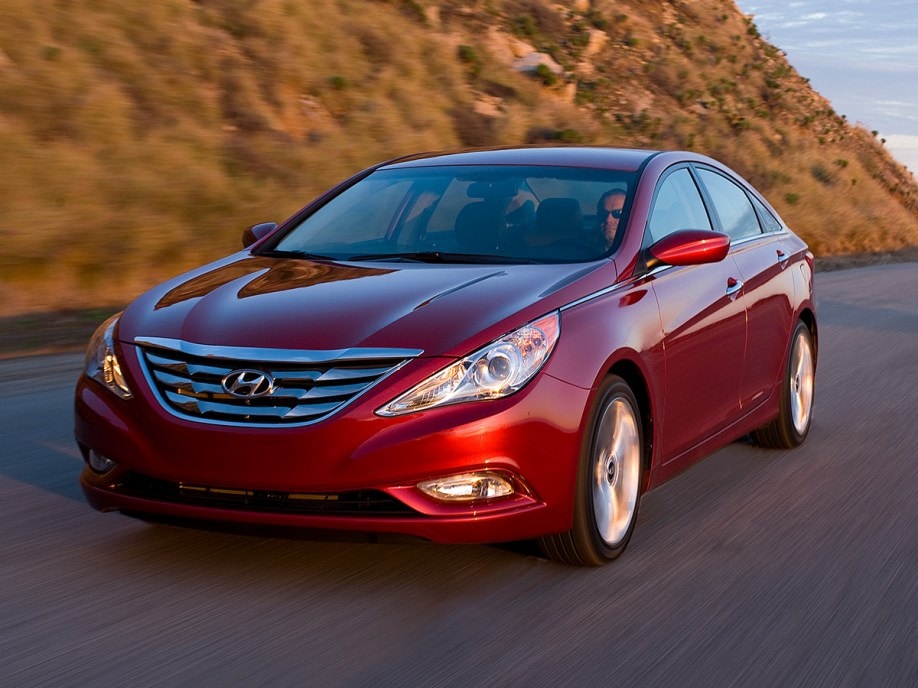
The Associated Press reports that U.S. District Judge James Selna “raised concerns about the process for calculating payments and the adequacy of the software update in preventing future thefts.”
Why Are Hyundai and Kia Models Stolen So Often?
Kia and Hyundai are both under the umbrella of South Korea’s Hyundai Motor Company and often build vehicles with shared parts.
Particular older Hyundai and Kia vehicles lack an engine immobilizer, a common anti-theft device. More expensive trims from both brands tend to have the part. But base models from before 2021 often don’t.
In late 2021, a series of social media videos taught viewers how to start the cars with nothing but a screwdriver and a standard USB cable.
That triggered a nationwide wave of thefts. A 2022 insurance industry report showed that loss claims for 2015-2019 Hyundai and Kia models were nearly twice as common as claims for vehicles made by any other manufacturer.
Some major insurance companies have begun declining coverage on specific models in some states because the theft risk is high enough to throw off actuarial calculations.
What Have Hyundai and Kia Done About It?
Both companies introduced free software updates as a workaround for the lack of an immobilizer. The updates are free and take less than an hour to complete. Some dealerships can even perform the work in your driveway with teams of field technicians.
Once the software is installed, a car locked with a key fob can only be restarted with the key fob present.
The companies have also provided free steering wheel locks for police departments to distribute. Hyundai has worked with AAA insurers to offer insurance coverage for owners who can’t find it elsewhere.
Several Lawsuits, Other Actions
It hasn’t been enough to appease angry owners and state officials.
The agreement Selna rejected would have settled a class-action lawsuit brought by owners seeking reimbursement for stolen cars and the costs of trying to prevent theft.
Eighteen state attorneys general have asked the federal government to force a recall of the cars. However, it isn’t clear that the National Highway Traffic Safety Administration has the authority to force recalls over a non-safety issue.
What Happens Now?
Judge Selna’s rejection doesn’t necessarily mean the case will go to trial. The two sides can attempt to negotiate a new settlement that meets the judge’s approval.
Bloomberg Law explains that the judge “asked the drivers and automakers to consider expanding the claim payment methods beyond checks and debit cards to allow electronic payments.”
He may also require a hearing “to get additional information about the technology used in the upgrade.”
What Should Owners Do?
Regardless of what happens with the lawsuit, owners of affected vehicles are eligible for a free software update that makes the cars more difficult to steal.
Owners can contact any Hyundai or Kia dealership to arrange an appointment for the update. Hyundai has also begun hosting mobile software update clinics in some major cities to speed up the software updates.







